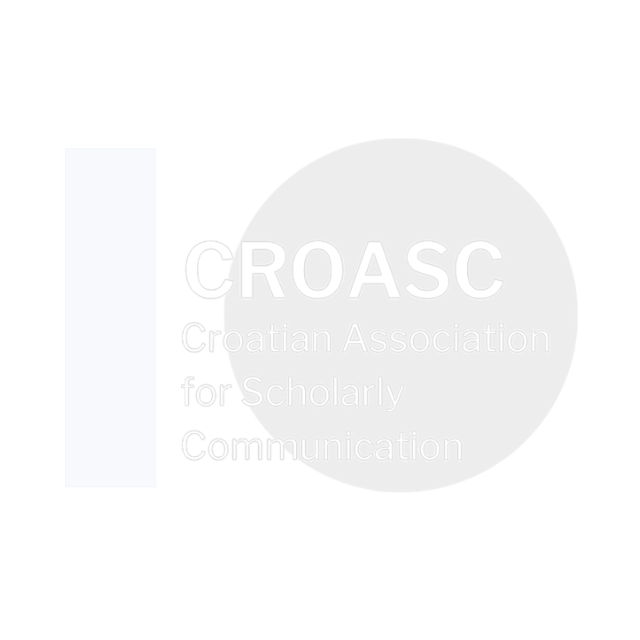Project SPOZNAJ and Action Plan for Open Science: Institutional Implementation of Open Science in Slovenia
short talk × thursday × 14.00-15.30
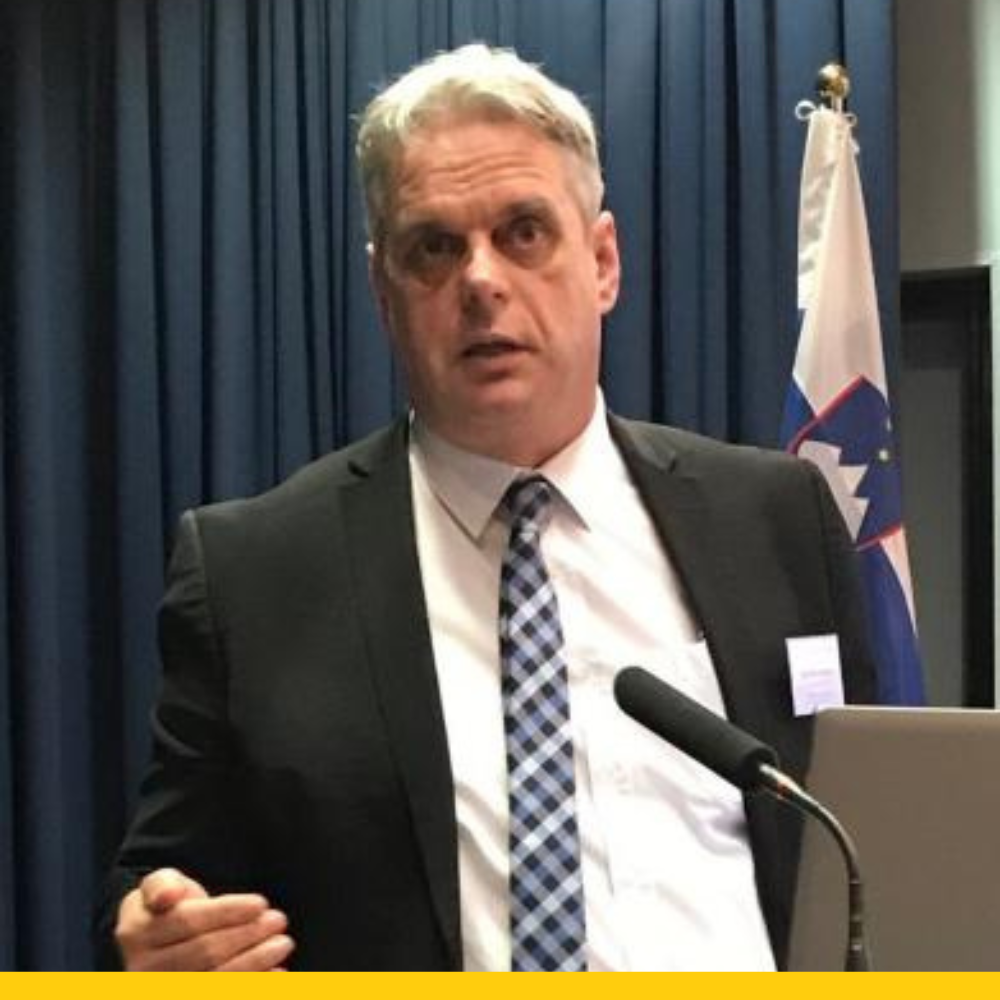
miro pušnik
Central Technical Library, University of Ljubljana
Ljubljana, SLovenia
tea romih
Central Technical Library, University of Ljubljana
Ljubljana, SLovenia
Compared to the adoption of various strategies and legislation, the institutional implementation of open science principles is the most demanding process. It involves numerous changes to the internal formal frameworks for the operation of research organizations, as well as staff empowerment and the development of appropriate infrastructure. This paper aims to highlight an example of good practice in this area in Slovenia and, in cooperation with other participants, discuss possible improvements. It is essential to establish intensive cooperation and transfer of experience and knowledge between different academic environments in this field. The aim of the presentation is also to encourage these processes.
In 2021, Slovenia introduced extensive legislative changes to scientific research activities, incorporating open science principles. This legislation fully aligns with the values of the Pact for Research and Innovation in Europe, as well as the measures within the European Research Area.
Concurrently, the Resolution on the Slovenian Scientific Research and Innovation Strategy 2030 (ReZrIS30) was adopted, viewing open science as a means of improving the quality, efficiency and responsiveness of research. To establish the necessary infrastructure and support the implementation of open science principles within public research organisations, the Government of the Republic of Slovenia adopted an Action Plan for Open Science, setting out a number of measures to be implemented by 2030. These include measures to ensure the coordinated functioning of the national open science ecosystem, adapt the operations of public research organisations, and invest in and develop open science infrastructure. Other measures include a comprehensive reform of research assessment in accordance with open science principles; ensuring compliance of scientific research results with the FAIR principles; promoting socially engaged science; and taking action in the field of sustainable academic publishing.
In the first part of the presentation, we will outline the objectives and measures of the Action Plan. In the second part, we will provide a detailed overview of the SPOZNAJ project (https://projekt-spoznaj.si/en/). We will present the project’s work packages, key objectives and initial results. Finally, we will present some interesting infrastructure projects that will support scientific research in the digital environment.
keywords
European Research Area ; Slovenia ; Action Plan for Open Science ; SPOZNAJ ; institutional implementation
short biographies
Miro Pušnik has been the director of the Central Technical Library of the University of Ljubljana (CTK) since 2009. He holds a master’s degree in scientific and technical informatics from the University of Ljubljana. CTK coordinates numerous activities in the field of institutional implementation of open science principles in Slovenia. It is active in the implementation of some measures of the Action Plan for Open Science, and the CTK plays a particularly important role in coordinating the SPOZNAJ project, which directly supports the institutional implementation of open science principles in Slovenian public research organizations. He is the president of the National Council for Library Services of Slovenia and was previously a member of the Leaders’ Group of the S Coalition and active in various other international forums and working groups.
Dr. Tea Romih is a former researcher who transitioned to an alt-ac career in research data management. Since February 2022, she works as an information specialist for research data at the Central Technical Library at the University of Ljubljana, Slovenia. Currently, she coordinates the project SPOZNAJ – Support for the Implementation of Open Science Principles in Slovenia (2023–2026), which is co-funded by the Ministry of Higher Education, Science and Innovation and the European Union – NextGenerationEU. She obtained her pre-Bologna diploma in Biology in 2011 and a PhD in Nanosciences in 2016, both from the University of Ljubljana. After graduation, she gained experience in visual communication of science, academic editing, specialist translation and SEO before a brief research stint at the National Institute of Chemistry between 2019 and 2022. She was active in the Young Academy of Slovenia between 2016 and 2023 and served as its president from 2019 to 2022.

